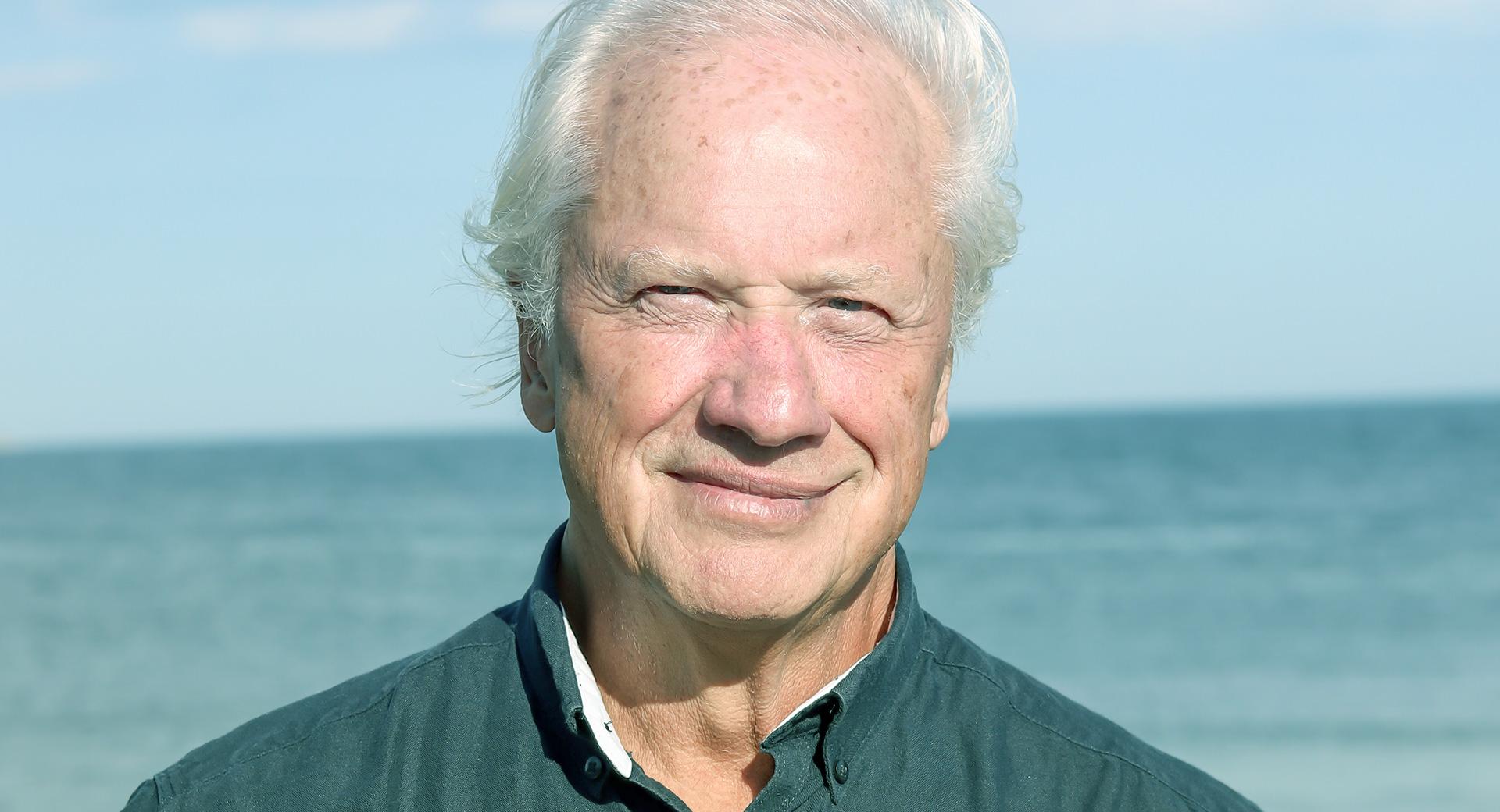This concert has been canceled - Peer Gynt
This year’s edition of the Baltic Sea Festival has been cancelled. Read more at balticseafestival.com
This production is part of one or more concert series.

Edvard Grieg struggled with the music to Henrik Ibsen’s satirical play in verse about being forced to search and ultimately find oneself. Peer Gynt includes such popular and much loved concert pieces as In the Hall of the Mountain King, Anitra’s Dance and Solveig’s Song. Conductor Neeme Järvi and the Swedish Radio Symphony Orchestra give a rare complete performance of Grieg’s incidental music.
Like so many other 19th century composers, Edvard Grieg wanted to create a national opera. He had only partly completed the project when the collaboration with the poet Bjørnstjerne Bjørnson over the Viking saga Olav Trygvason broke down. The libretto was delayed and in the meantime, Grieg had undertaken to set Henrik Ibsen’s 1867 play in verse Peer Gynt to music.
Grieg was given strict instructions: “In the second act, the scene with the three dairymaids may be treated in accordance with the wishes of the composer, but there must be mischief! The monologue (Act 2, Scene 4), I imagined accompanied by chords, like a melodrama. Likewise, there must be some accompaniment for the performances in the hall of the Mountain King; however, here the dialogue must be shortened considerably! The scene with the Bøyg, played out in its entirety, should also be accompanied by music. Birdsong should be heard, and in the distance, ringing bells and hymn singing…”
Grieg obeyed and took on the task with gusto, even though he found it “the most unmusical of all subjects”. Peer Gynt premièred in Kristiania in 1876. It was a formidable success and when German publisher Peters published the score in 1908 it contained more than 20 movements.
Ibsen’s critical satire of the emerging liberalism of the 19th century contained elements of both fairy tale and realism. It conveys a morality best described with the adage “pride goes before a fall”. Peer Gynt is a knave and a ladies’ man who falls out with everyone around him before heading out into the world. Meanwhile, his childhood sweetheart, the ever-forgiving Solveig, waits for him at home.
Peer is a cold-hearted cynic who even gets involved in slave trade, a Croesus surrounded by yes-men for as long as the money keeps flowing. In Ibsen’s mind, he is still not a sinner and will therefore escape the torments of hell, at least according to the Button-moulder who eventually comes for his soul.
Today, Peer’s personality type is more the rule than the exception. The world is different, everything has a price and very few things have value. Unscrupulous fraudsters like Peer appear in all walks of life.
“To be yourself is to sacrifice yourself”, Ibsen argued. The price for leaving the farm was a loss of identity. However, in our globalised world, Peer comes across as a more natural object of identification than he did in the agricultural society of the 19th century. Perhaps it also resurfaces old issues of belonging and rootlessness.
Peer Gynt has not only been of Norwegian interest. One could mention Werner Egk’s opera or Alfred Schnittke’s ballet, and in 2014, the Oslo Opera House hosted the première of Estonian Jüri Reinvere’s controversial Peer Gynt opera “as Ibsen would have made it today”. The central conflict of the work – rooted versus rootless – is a concurrent theme not only in literature, but also in life itself.
Hearing the full theatrical score, including In the Hall of the Mountain King with choir, is a rare opportunity these days. In 2005 Neeme Järvi and the Swedish Radio Symphony Orchestra performed it at the Mariinsky Theatre in Saint Petersburg, and two seasons later Norwegian conductor Rolf Gupta performed it in Berwaldhallen. In this production of Peer Gynt, Loa Falkman narrates and plays Peer, Johanna Wallroth plays Solveig and Rebecka Wallroth plays Anitra.
Text: Henry Larsson



